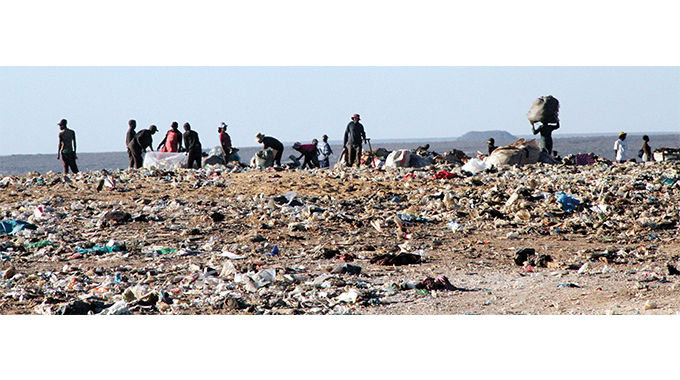Industry challenged to take advantage of Government’s fiscal incentives to increase competitivity
MINISTRY of Industry and Commerce Permanent Secretary Dr Utete Wushe has called upon local industry players to take advantage of various fiscal incentives provided by the Government to improve efficiencies and competitiveness in preparation of the African Continental Free Trade Area (AfCFTA).
He said this during a review workshop held on Tuesday in Harare, which was meant to assess the progress made in different value chains.
The Government, through the National Development Strategy (NDS) 1, has given priority to 10 value chains due to their potential to have a positive impact on various economic indicators, including economic growth, employment, and exports, among others.
Dr Wushe said the Government will continue to provide support to enhance the strength of value chains through the import management programme, which he said aims to assist local industries in developing their production capacity and becoming more competitive, enabling them to join regional, continental, and global value chains successfully.
“Support has been proffered through various fiscal incentives. We have manufacturers rebates for the textiles and leather and pharmaceuticals sectors, VAT deferments and zero-rated import duty on capital equipment, among others.
“Let us use these facilities to improve efficiencies and our competitiveness as we prepare to trade regionally and continental under the AfCFTA,” he said.
Dr Wushe urged industries to work closely with institutes of higher learning to identify and develop the right skills sets needed to support new technologies.
He said industries should support the Government’s endeavors by establishing environmentally friendly energy plants, including solar and biogas, among others, in a bid to tackle power shortages, which are affecting the whole Sadc region.
“Such initiatives allow you to tap into developed markets in Europe, where consumers are increasingly concerned about consuming products that have been produced with minimal adverse impact on the environment,” said Dr Wushe.-chronicle









